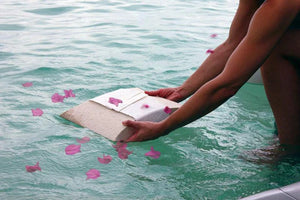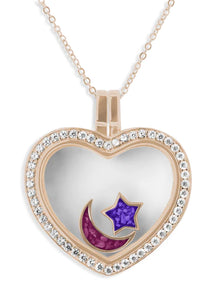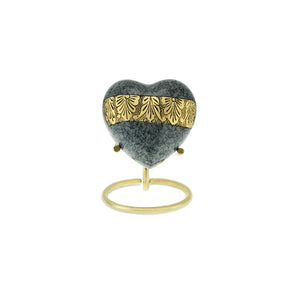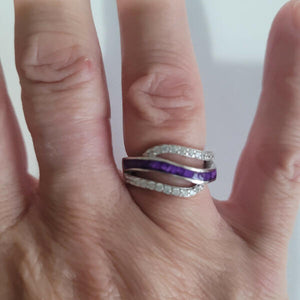Things to do after someone's death, part 3 of our checklist

This is the third part of things to do after someone's death. Our checklist will hopefully make this sad time a little easier and make sure that you have everything covered.
Arranging the funeral
The next-of-kin of the deceased is usually in charge of arranging the funeral. Your funeral director can make the arrangements, but it's also possible to do it yourself.
There are a lot of documents necessary to arrange the funeral so make sure that you have them all ready before you start.
- Certificate for cremation or burial, usually known as the green form. You will usually receive this from the registrar when you register the death.
If you will be burying the deceased you will need an
- Application to purchase a grave plot or permission to bury the, in a pre-owned plot.
If the person is going to be cremated you will need a
- Cremation form 1, which is the application to create the deceased's body.
Planning a funeral
There are several different types of funeral to choose from.
- Direct cremation- this is a low-cost option where the cremation takes place at a time and location convenient to the crematorium and there are usually no mourners present.
- Religious funeral- you should talk with the people at the religious institution that the deceased attended to make the arrangements for a convenient time to use the facilites and the services of the officiator. Religious funerals usually follow a set pattern, although hymns and readings can be chosen.
- Traditional funeral-a funeral can take place anywhere and can be officiated by anyone so for a person without religious committment a suitable location and person must be found. This option offers more freedom of content.
Celebration of Life -usually takes place at a later date without the presence of the body but often with an urn containing the cremains. Often, due to the time-frame people are recovering from their grieving and a more light-hearted event can be performed.
Memorial services offer a chance for those close to the departed to receive the support and condolences of friends and family. Additionally, they allow people to say a personal farewell to the deceased.
After the funeral
After the funeral, there are still a number of things to do after someone's death.
- You should close their social media accounts, these generally do not close just because they are inactive.
- Consult with a lawyer to see what responsibilities you might have with the deceased's trusts and estates. You need to get together all relevant financial paperwork that you can find. Seek the help of a probate specialist if the estate is very complicated.
Other things to do after someone's death
- Cancel any services that are billed to the deceased. These can include utilites, taxes and mortgages, but also internet or mobile phone services, cable or Netflix.
- The Bereavement Register is a free service. It allows you to remove the deceased's name from most mailing lists so reducing the amount of unwanted post that arrives.






